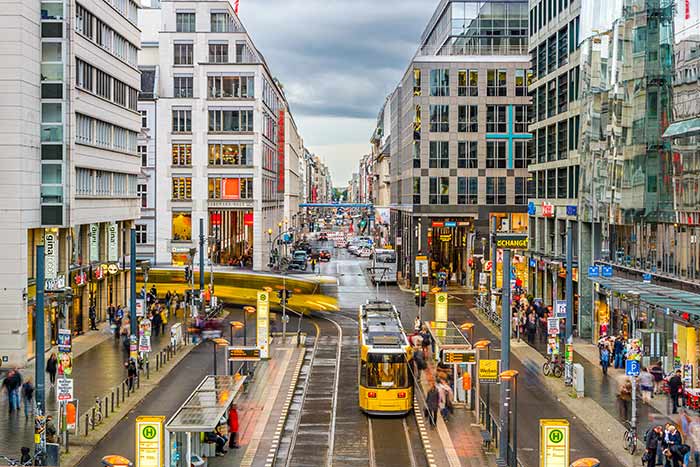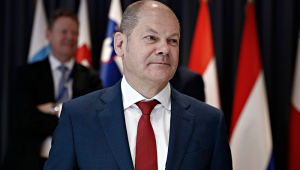web_berlin_shutterstock_288111119.jpg

Berlin, Germany.
In its most recent review of the German economy, published today, the Washington-based lender pushed for a more “dynamic” Germany that would bolster growth and benefit the “still fragile” economic recovery in the euro area.
The fund said growth this year is expected to remain moderate but more progress on structural reforms and greater investment would revitalise potential growth and enhance Germany’s “leadership at the European level in this area”, it added.
The IMF stressed that more effort is needed to address the country’s public infrastructure needs and tackle administrative bottlenecks.
Low public investment over the years has led to a loss of capacity which, together with cumbersome regulation, has hindered planning and execution and held back more vigorous investment.
The fund also encouraged Germany to tap into the working age refugee population to boost labour supply as the country’s society ages.
Broadening opportunities for full-time employment for women and extending working lives would also be beneficial, it added.
“These reforms would not only counter the projected growth decline in the medium term but also stimulate private consumption and investment in the short term,” the fund continued.
In terms of refugees, the IMF suggested the further removal of restrictions to accessing employment and training, including measures to recognise informally acquired skills, facilitate more flexible forms of vocational training and the implementation of active labour market policies like temporary wage subsidies.
Other key policy messages included bolstering housing supply by loosening height and zoning restrictions or making property taxes more efficient, as well as strengthening oversight in the financial sector.







